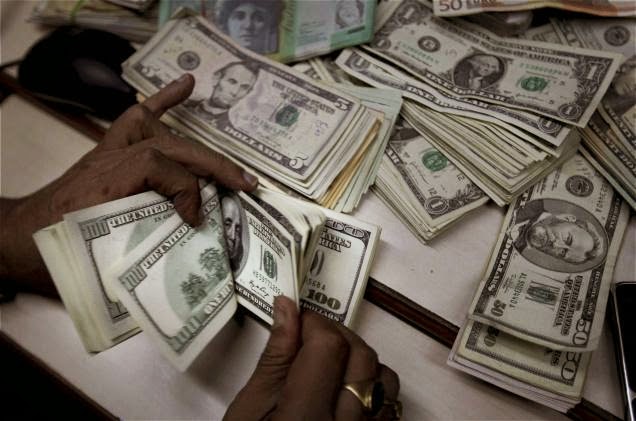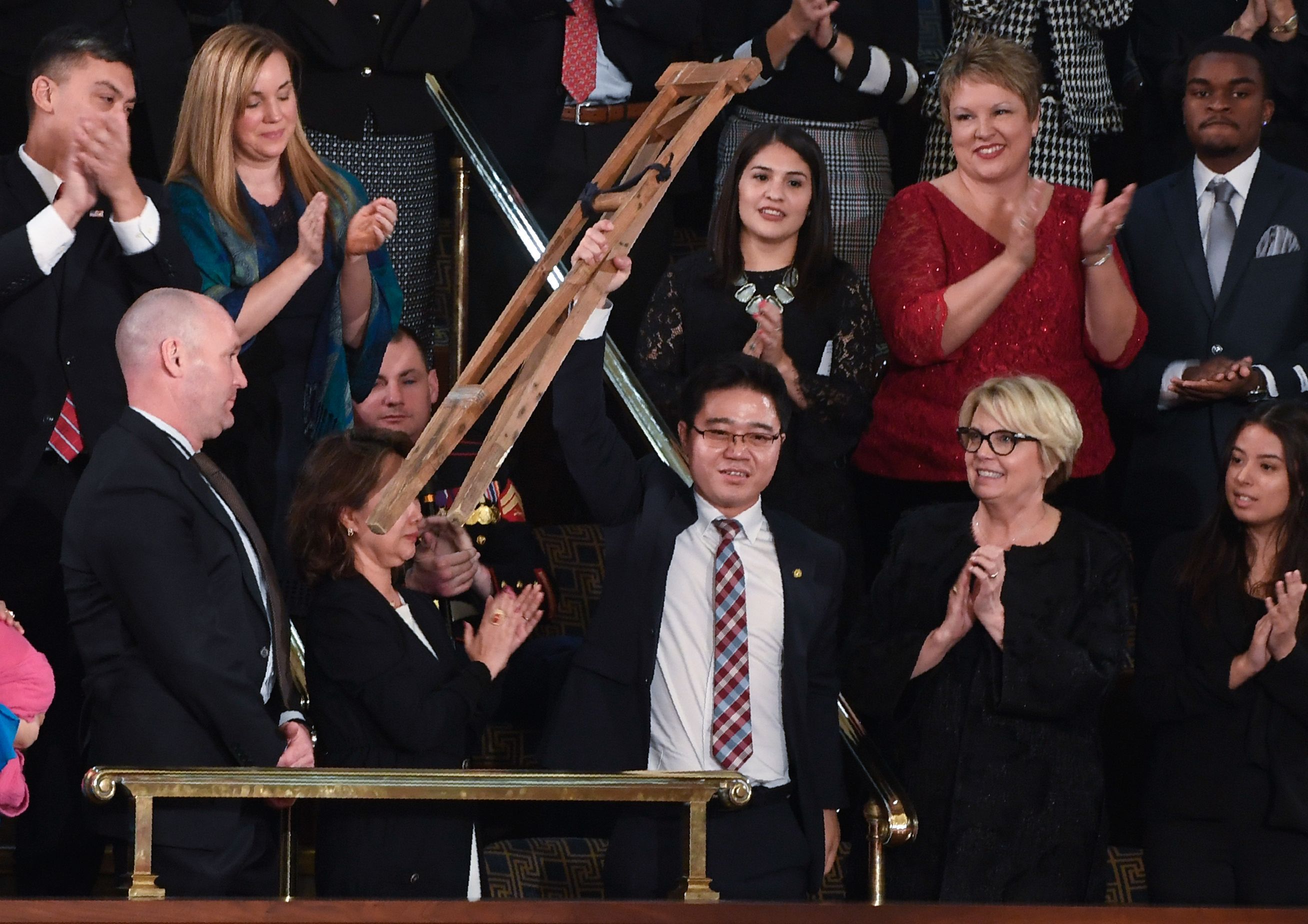The Central Bank of Nigeria (CBN), has expressed its determination to continue building the nation’s external reserves, amid continuous injections of US Dollar into the official foreign exchange market.
The apex bank between April and end of February, 2018, spent $18.37 billion in its weekly intervention in the foreign exchange (forex) market, The Daily Times Investigations have revealed.
The breakdown showed that the CBN, between April and December 21017 intervened with total sum of $15.9bn, which was higher than $9.6 bn spent during same period of 2016.
The move by CBN is to reduce speculative trading at the parallel market and support key sector of the nation’s economy. However, further checks by our correspondent showed that the Bank in the first two month of 2018 had injected into the forex market the total sum of $2.68 bn to support the Nigerian local currency, due to steady accretion to the foreign reserves gaining 9.26 per cent year-till-date to $42.35bn as at February 27, 2018.
It is notes worthy that the Naira defend has come on the heels of growth in foreign reserves amid steady growth in global oil prices and increased inflow from Federal Government Eurobond borrowings.
The figure obtained revealed that the apex bank supported the local currency with total sum of $1.4bn in January and in February, an accumulated sum of $1.07bn was injected into the foreign exchange market.
The first injection into the interbank foreign exchange market this year was $210 million. The breakdown of the data indicated that the CBN offered $100 million to the Wholesale sector while the Small and Medium Enterprises (SMEs) and invisibles windows each received $55m on January 8, 2018.
In its first Retail Secondary Market Intervention Sales (SMIS) for the year, the CBN intervened in the inter-bank Foreign Exchange Market with the total sum of $262.5m the following week.
However, in its third and fourth interventions, the sum of $210m was injected into the inter-bank foreign exchange market twice, to meet customers’ requests in various segments of the market in January.
Consequently, the CBN intervened in the Retail Secondary Market Intervention Sales (SMIS) of the inter-bank Foreign Exchange Market to the tune of $304.4m and finally injected another sum of $210m into various segments of the inter-bank market towards the end of January.
In the following month, February, the first intervention by CBN was $210m and another $210 on February 12. The last three SMIS, in February 2018, was $325.64m, $321.4m and $210m in the inter-bank Foreign Exchange Market.
The CBN, in its economic report for fourth quarter had explained that patronage at the Investors and Exporters window continued to sustain relative stability and led to 0.5 per cent appreciation in the average exchange rate to N360.47/Dollar, compared with the level in the preceeding quarter.
The Acting Director, Corporate Communication Department, CBN, Mr. Isaac Okoroafor, while responding to enquiry over the extent the CBN will continue to build on the Forex Reserve, said: “Norway has over $1trillion in its Sovereign Wealth Fund, with a population of 180m, we have just $42 bn in our reserves.
We will continue to build reserves for as long as we have ability to do so and the exchange rate remains stable.” He, therefore hinted that despite the apex lender’s injections in the forex market this year, the CBN will continue to intervene in the market, in order to maintain stability and provide forex to businesses.
The CBN spokes person explained that the Forex stability that we experience today results from central bank’s ingenious measures in Demand Management, creation of the I&E Window in the Forex Market, and introduction of the 41 Items restricting access to Forex for frivolous imports.
He pointed out that the CBN is happy with the results achieved so far in the forex market, adding that high levels of reserves means the that CBN have enough arsenal to manage exchange rate fluctuations.
Highlighting success recorded in 2017, he said: “More prudent use of forex reserves, vigorous funding of food production and manufacturing by CBN, introduction of a more flexible forex market especially the I&E Window were key.”.
He explained that key success factors for 2018 include a better-than-expected oil market, further boost in agric production, especially rice; growth in the Capital Market; increase in Dollar inflows; a stable Naira arising from better reserves levels. Okorafor, however, assured Nigerians to expect a better year than 2017.
“All the indices are positive. Better Oil price regime. “Better growth figures expected, Inflation is trending down, and the exchange rate is stable.
These are the markers of economic health. So ,@cenbank remains positive”, he tweeted. Analysts at Cordros Capital explained that the steady accretion to the foreign reserves, amidst stable oil prices and production, will continue to support the apex bank’s interventions in the currency space, hence the stability of the naira.
Also, Research Analyst at Pan Africa Capitals Plc, the Investment Banking arm of Pan African Capital Group, Mr. Moses Ojo in its latest Economic outlook obtained by The Daily Times, said, the availability of foreign exchange is expected to improve during the year as the level of accretion to foreign reserves is growing on the back of recovery in the prices of crude oil and production and increasing inflow from foreign borrowings by the federal government.
He noted that the official and the parallel market exchange rate are expected to converge mildly in the course of the year, Naira is projected to strengthen to between N330 and N340/ Dollar in the parallel market while the official exchange rate remains at between N306 to N307/Dollar.
He said, “Furthermore, flexible exchange rates in favour of some selected sectors of the economy and for various reasons are expected to persist, and administrative measures introduced by the CBN to ensure liquidity of foreign exchange are expected to continue in 2018′.




